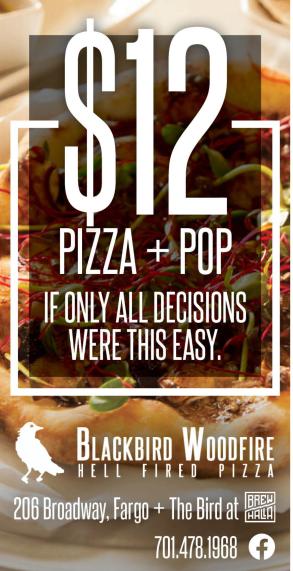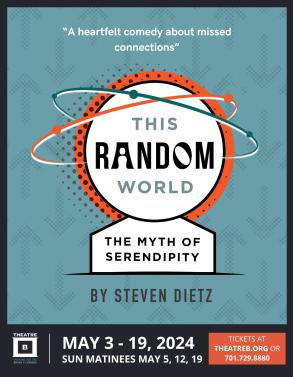Editorial | March 15th, 2017

As more people get around on bikes, the rules of the road should change to reflect a changed reality.
A proper bike lane has a raised portion such as a curb between the bikes and vehicle traffic. A bike lane without such a divider is not a bike lane. It doesn’t protect riders from drivers who text or young male drivers showing off.
We are unaware of any bike lanes in the U.S. The nearest one is probably in Vancouver, British Columbia, in a more civilized part of the world.
Cyclists don’t have a network of paths fully separated from car traffic, as in the Netherlands. They deserve all legal protection consistent with safety for all road users.
In 1982, the Idaho Legislature passed a law allowing bicyclists to treat stop signs and traffic signals as yield signs. In 2005, the law was amended. Idaho cyclists can still roll through a right turn at a traffic signal, but they have to come to a complete stop before they run a red light.
The exact wording: “A person operating a bicycle or human-powered vehicle approaching a stop sign shall slow down and, if required for safety, stop before entering the intersection. After slowing to a reasonable speed or stopping, the person shall yield the right-of-way to any vehicle in the intersection or approaching on another highway so closely as to constitute an immediate hazard.”
Some bicycle groups say bicyclists are safer when they don’t have to stop. They don’t spend as much time in intersections, where they’re most likely to be hit by a car. They are more able than motorists to perceive approaching danger, and with a much stronger reason to do so.
There are too many stop signs (boulevard stops) on the quiet streets that cyclists often choose. Cyclists use a lot of time and energy moving off from rest. They need to be in motion to avail themselves of the unique advantages of bicycles.
Forcing cyclists to come to a complete stop is wasteful. It takes more time, expenditure of energy, collision risk, discomfort, strain and overuse injuries.
Changing the law would do no more than legalize what bicyclists already do, as a result of “frustration, leading to pervasive noncompliance.” And cyclists that don’t stop are less exposed to the pollutants that accumulate at crossroads.
Research conducted at the University of California School of Public Health shows that removing boulevard stops lessens collisions by approximately half.
Idaho’s state law, again, allows bicyclists to yield rather than come to a complete stop. The researchers chose similar comparison areas without such laws. The Idaho accident rate was 30% better; Idaho bicycle injuries were 15% fewer.
Most motorists don’t like the whole idea. They say there would be confusion about the rules of the road and more bad behavior by cyclists.
There are two main traffic philosophies. The dominant one, traffic control, has a bible, the “Manual of Uniform Traffic Control Devices.” Its main thrust is safety through uniformity, and thus predictability: lots of rules and signs, signals and stop signs.
The main opposing philosophy is called shared space. Adherents propose removing “all or nearly all traffic controls,” relying instead on “safety through uncertainty.” If driving and cycling were more intense vigilance tasks, say proponents, road users would be safer.
Oh, really? We know a guy who was against seat belts in cars when they started being used. His reasoning was that if you know you could go through the windshield, you drive more carefully. Seat belts, he said, tempted drivers to take chances.
We have to admit that we don’t know the answer. Maybe it depends on the size of the city. In the bicycle capitals of the nation, Portland and Minneapolis, it might not work.
The safety-through-uncertainty philosophy, as far as we know, has only been tried in Langley, Washington, where drivers share the streets with bicycles and numerous golf carts. Results, so far, are inconclusive. We’d like to see an experiment in Moorhead or Fargo.
Should cyclists be allowed to roll through stop signs? Tell us what you think.
Gone but not forgotten
We’re upset that the Community Bike Workshop has been gone since last June.
People say that the city is too small to support a communal bike workshop; that the workshop moved twice in the last few years and could never pay a downtown rent; that without a profit motive it could never survive anywhere.
What do you think, Reader readers? Can the city support a community bicycle workshop? Will there ever be another one? How would you set one up?
April 18th 2024
March 21st 2024
February 15th 2024
January 18th 2024
December 19th 2023




__293px-wide.jpg)
